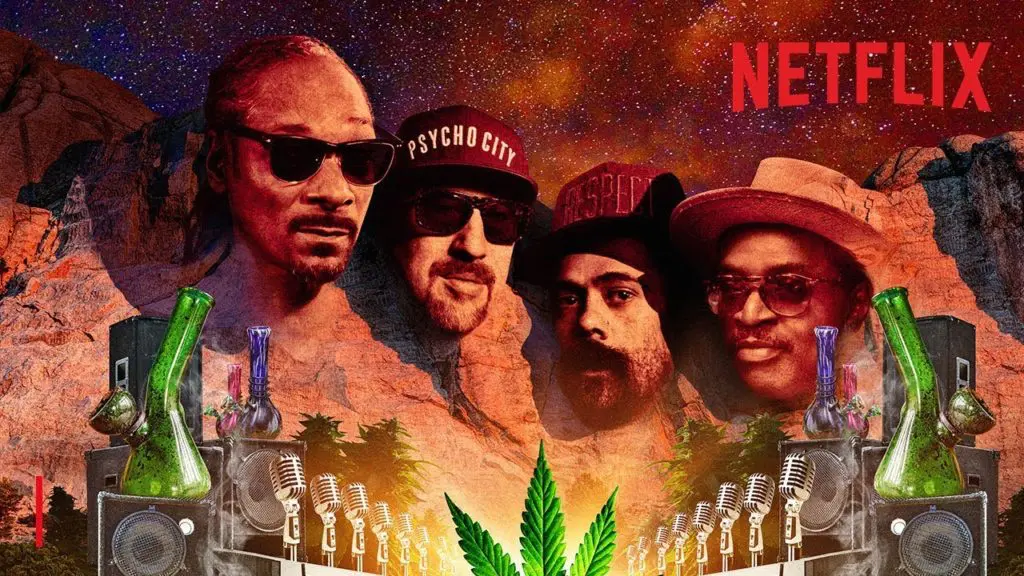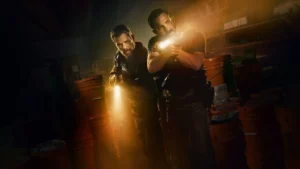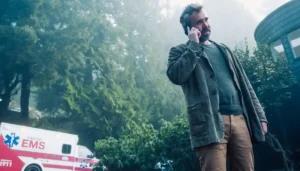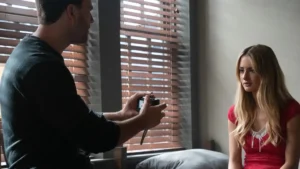Summary
Let me be blunt, Netflix’s new documentary film, Grass is Greener, is a stand-out effort from filmmaker Fred Brathwaite, bringing a steady hand to a film that is as eye-opening as it is sobering.
It is easy to see why Grass is Greener was made today. Early in the documentary film, they tie the migration of cannabis into the United States through Mexico into Texas and the jazz-filled New Orleans that was giving birth to the music era. This came at a time during the Great Migration. As African-Americans started to move into the northern predominantly white populations, citizens from Mexico started to enter the United States through Texas. In contrast, Jewish and Italian populations from Europe came through Ellis Island. Criminal-Justice Professor Baz Dreisinger connects the dots for us. Sating that Marijuana was derived from tying the drug to “Mexican-ness.” This was derived from a 30-year period of increased anxiety that resulted in a three-decade run of a series of “xenophobic moments” in the United States history that has repeated itself almost 100-years later.
Grass is Greener is the directorial debut of the former MTV legend Fred Brathwaite, also known as Fab Five Freddy. He draws a comparison of racial prejudice with laws created to protect a large Caucasian population against the defection of African-Americans. Also, the citizens of Mexico into their lily-white worlds. Politicians would cite marijuana as the reason for lurid crimes of the era. With newspaper articles using old-school vintage “click-bait” by claiming, “Marijuana, a Mexican weed that is said to cause insanity.” Then again, why else would a white man named Victor Licata to murder his family with an ax other than using grass and getting high? I mean, don’t most people want to go and physically chop things after smoking pot. Or would you do what I did in college, find a bag of Cheetos and binge a handful of episodes of MTV’s Cribs?
The case, in 1933, was used as propaganda to fight a drug war, even though none of the notes in the Licata case state cannabis was a factor in the murder, and he had schizophrenia. This would lead to the criminalization and harsh sentencing on a drug that had a devastating effect on the African-American and Latino-American communities. Instigated by the Boggs Act of 1951 and the Eisenhower Narcotics Act. These legislative acts implemented mandatory minimums that were inherently racist. As they carried a 20-year prison term for low-level drug offenses involving cannabis. This is where many, including Asha Bandele (author, activist, and former director of the Drug Policy Alliance), says, “drugs were used as a proxy to race. Since you could no longer write race into the law, you could write drugs into the law.”
Brathwaite effectively ties archival footage, criminal cases, and members of academia to explain the timeline of the use of marijuana, with its use of racial disparity, to the political ramifications that lead to mandatory minimums, and where you land today where it has been legalized, as the government tends to do when they can benefit from making money off it. He balances expert interviews with those with an obvious bias, like the former Editor-in-Chief of High Times Magazine Steve Hager with Dr. Carl Hart, who is the Chair of the Dept. Of Psychology at Columbia University.
He makes the point where law enforcement should not be enforcing laws on medicine (and even analyzing the injustice of the argument of the Trayvon Martin case, where the defense argued the level of THC in his system had a direct impact on his behavior before he was killed). In one of the film’s most effective interviews, Paul Butler, a former district attorney and current Georgetown Law Professor gets a legal opinion. He came to the realization that “I didn’t graduate from Harvard Law School to lock up black people,” after spending a career as a district attorney in the District of Columbia in the 1990’s when 40% of the population was white, and he wasn’t seeing them in his courtrooms.
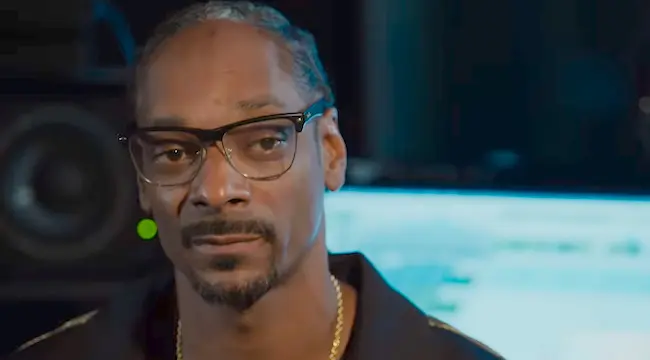
What this new Netflix documentary does is bring an eye-opening and concise point of view that is remarkably accurate when it comes to its political and historical timeline while being able to weave this particular drug’s use into the popular culture of several eras and raising multiple questions. The film does have some eyebrow-raising remarks, particularly one comparing the Holocaust with racist mandatory minimums. The fact of the matter is, though, the film makes a seamless connection with laws being handcrafted by politicians to win over their voting base. The result being legalized racism as a way to slow down the migration of minorities into white neighborhoods (along with the outdated method of those minimums, that is making a comeback today, with three-strike rules for non-violent petty drug crimes).
Then, there is the money problem, in a scene that makes you take a step back, of interviewing multiple entrepreneurs, who are all white, making money off of new laws legalizing the drug that so many African-Americans and other minorities have been convicted of using. The majority of citizens convicted of illegal marijuana use and distribution are not able to find a good job because of past arrests for these relatively minor offenses, some even going away for years for having one seed, let alone being able to apply for a license to dispense the product for monetary gain.
The film raises the point, shouldn’t these minor drug offenses from years past be expunged, not only then making the three-strike rule irrelevant, but for a drug that was historically embraced by African-American culture, be able to profit off of it? It is even more egregious since the only reason the use and sale of cannabis are legal today is that the government can now get their cut legally.
Grass brings to light a complex issue with a steady hand what can be summed as enforcement and incarceration are big business, politics and laws are tied to propaganda to win elections, and the results/prosecutions are pursued to show citizens, who are the investors in this equation, a return on their investments. Now, with the legalization and the government’s reluctance to wipe the slate clean of past incarcerations, is sending the message is enforcing the point the film is trying to make; that if you are African-American, you are going to jail for the green, but if you are white, you are going to profit a large amount of green into your bank account. Grass is Greener is a stand-out documentary from Fred Brathwaite, whose documentary is eye-opening as it is sobering.
Recommended Articles

